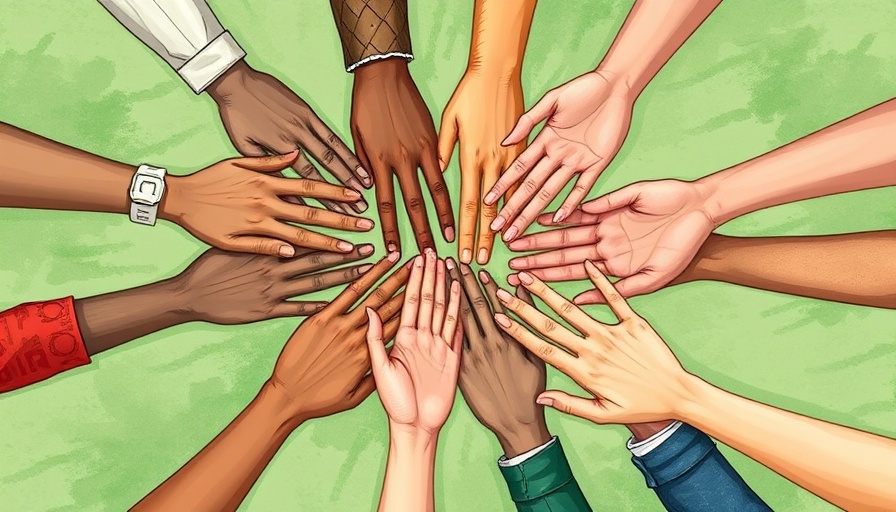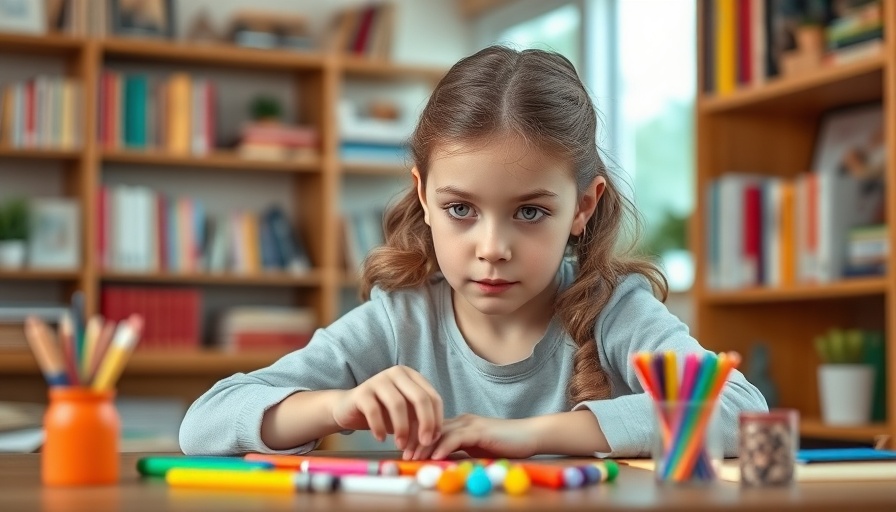
The Transformative Power of Mindfulness in Racial Healing
In today’s tumultuous socio-political landscape, where divisions often overshadow dialogues, Tovi Scruggs-Hussein’s methodical approach to mindfulness stands out as a beacon of hope. With nearly three decades of transformational leadership experience, she emphasizes the necessity of introspection and emotional awareness as keys to dismantling entrenched systemic racism. This journey of healing is not just for the marginalized but for everyone, advocating for a comprehensive reconciliation with our shared humanity.
Why Racial Healing Matters
Scruggs-Hussein highlights a crucial point: racial healing is not solely about addressing the visible effects of racism; its roots run deeper, necessitating profound self-reflection and community engagement. Contemplation and awareness facilitate compassionate conversations that foster growth, connection, and understanding across racial divides.
The Journey of Unlearning
At the heart of this internal process is the fundamental act of unlearning. It requires individuals to confront their biases, re-evaluate inherited assumptions, and engage with discomfort. This is echoed in the insights from the Momentous Institute's article, which suggests that all emotions, especially rage or grief surrounding racial issues, must be examined and understood before they can be healed. The act of sitting with our discomfort creates space for genuine empathy and actionable change.
Mindfulness Practices at the Forefront
In her series on mindfulness for racial healing, Scruggs-Hussein provides various tools, including guided meditations and reflection prompts, aimed at helping individuals cultivate awareness of their biases and feelings. This parallels the advice from Poonam Desai, who emphasizes the importance of mindful practices to navigate personal emotions related to systemic injustices. As participants engage with these practices, they are not only better equipped to address their internal conflicts but also become more effective advocates for equity in their communities.
The Role of Compassion in the Healing Process
Compassion, both for ourselves and others, is pivotal in Scruggs-Hussein's teachings. Understanding and embracing our vulnerabilities allows us to connect authentically, which is foundational to creating inclusive environments. This reciprocal compassion dismantles barriers created by systemic biases and encourages individuals to see beyond the surface of race.
Future Trends: Education and Community Engagement
Looking ahead, it’s clear that educational systems must evolve alongside these mindfulness practices to cultivate a new generation equipped with emotional intelligence. As highlighted in the discussion around educational disparities, efforts to increase cultural responsiveness among predominantly white educators are essential. With intentionality, resources can be harnessed to bridge gaps, ensuring all students can succeed within an inclusive and equitable educational framework.
Taking Action: Tools for Continuous Growth
As individuals seek to engage in this journey of racial healing, they should consider implementing regular mindfulness practices and journaling as effective tools for reflection. Identifying biases, understanding emotional triggers when discussing racial issues, and seeking community dialogues are all steps towards sustained personal growth and societal change. The continuous loop of action and reflection creates pathways for deeper understanding and healing.
Conclusion: Embracing a Collective Journey of Healing
Tovi Scruggs-Hussein’s approach illustrates how mindfulness can serve as the foundation for racial healing, enlightening professionals and health-conscious families alike on their roles in this transformative journey. With introspection as a catalyst for change, we can pave the way for deeper connections across racial lines, embracing compassion as we engage with our shared humanity. Everyone holds the potential to contribute to this collective healing, starting from within.
To begin your journey towards racial healing, consider engaging with mindfulness practices that can help you address biases and foster compassion in your daily interactions. Let’s move towards a more equitable world together!
 Add Row
Add Row  Add
Add 




 Add Row
Add Row  Add
Add 

Write A Comment